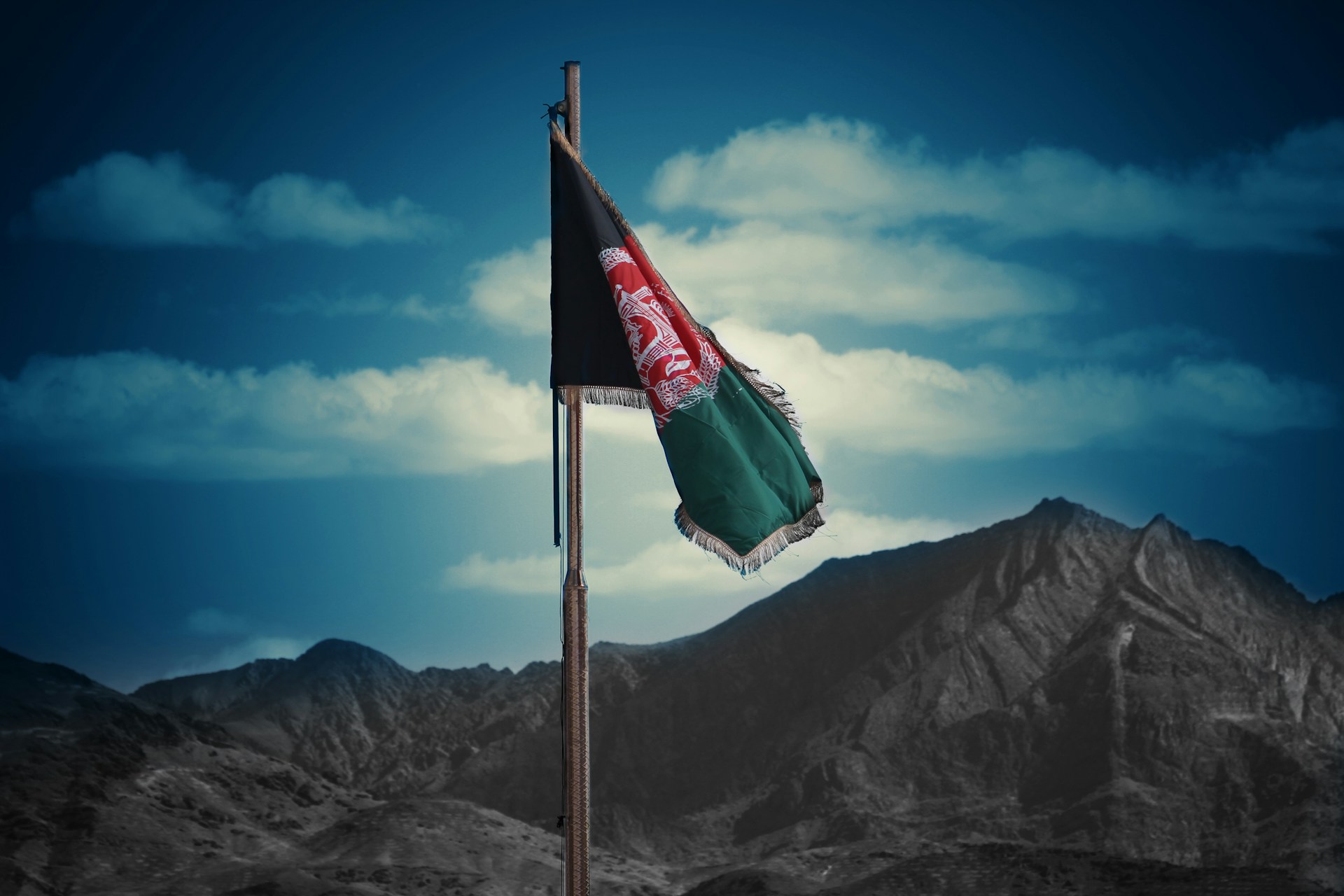Afghanistan has long been marked by instability, a challenge that has persisted over the past century. Despite numerous efforts, the country has struggled to achieve lasting stability.
In this first episode of “Subat,” we delve into the complex factors contributing to Afghanistan’s ongoing instability and explore potential pathways to a stable future.
Our discussion will address:
Why has Afghanistan faced continuous instability over the last hundred years? We will examine the historical, geopolitical, and socio-economic factors that have hindered the establishment of a stable nation-state.
How has the reliance on tribal systems impacted Afghanistan’s development compared to other nations that have successfully implemented modern state mechanisms?
Politics, security, or the economy the most critical factors for achieving stability in Afghanistan? We will analyze the interplay between these elements and their role in fostering a peaceful environment.
Our guests for this episode are:
Javed Hamdard: With two master’s degrees and extensive experience with international organizations, including the United Nations and the U.S. Agency for International Development, Javed Hamdard brings a wealth of knowledge on Afghanistan’s development challenges and opportunities.
Ahmad Shah Angar: A researcher specializing in peace and conflict studies with a master’s degree in the field, Ahmad Shah Angar offers valuable insights into the dynamics of conflict and strategies for peacebuilding.
Through this program, “Subat” aims to engage with experts and experienced figures to explore how Afghanistan can achieve and maintain stability. By reflecting on the country’s history and learning from past conflicts, we seek to identify actionable solutions for a more stable future.
Views: 9











